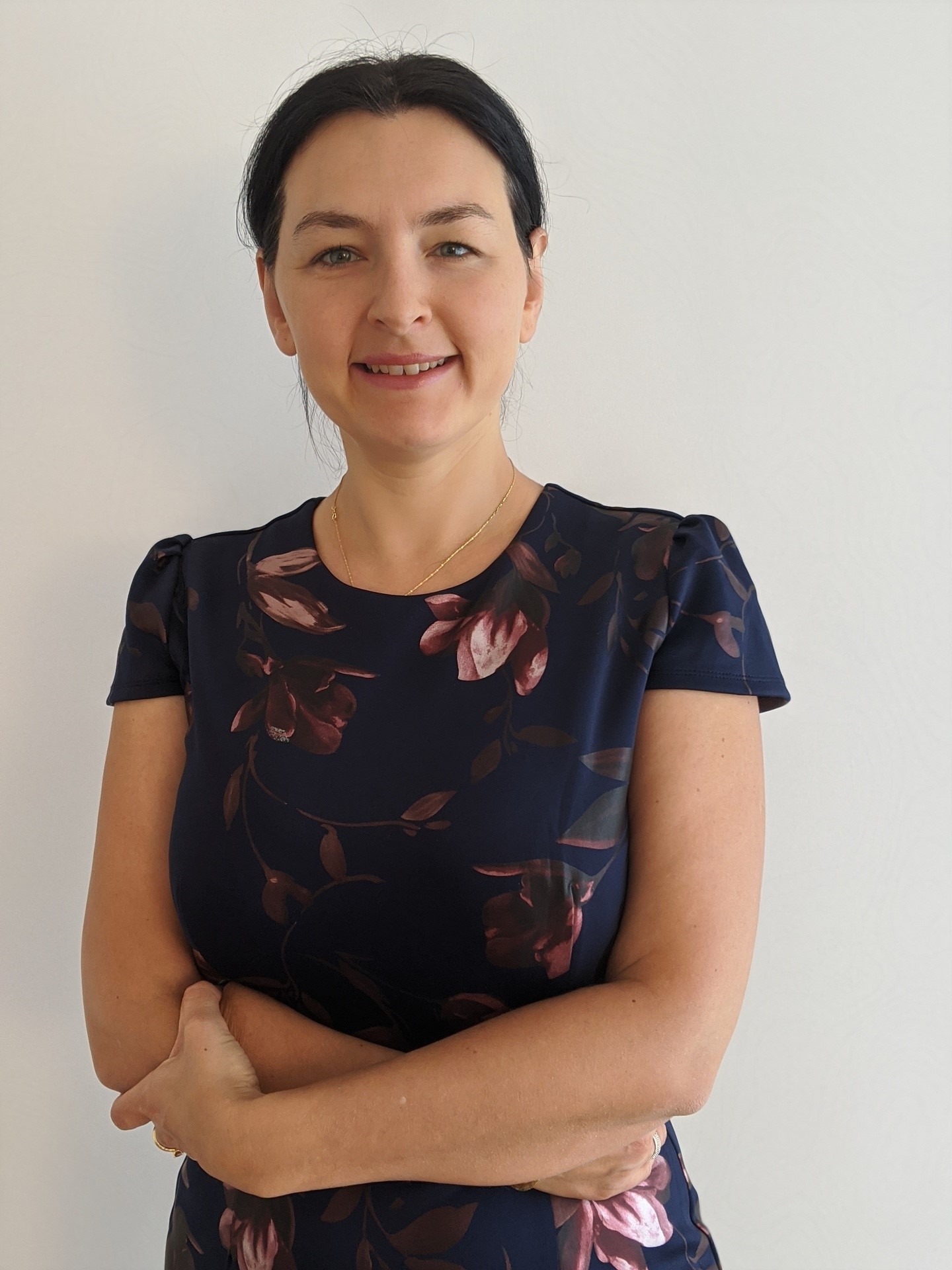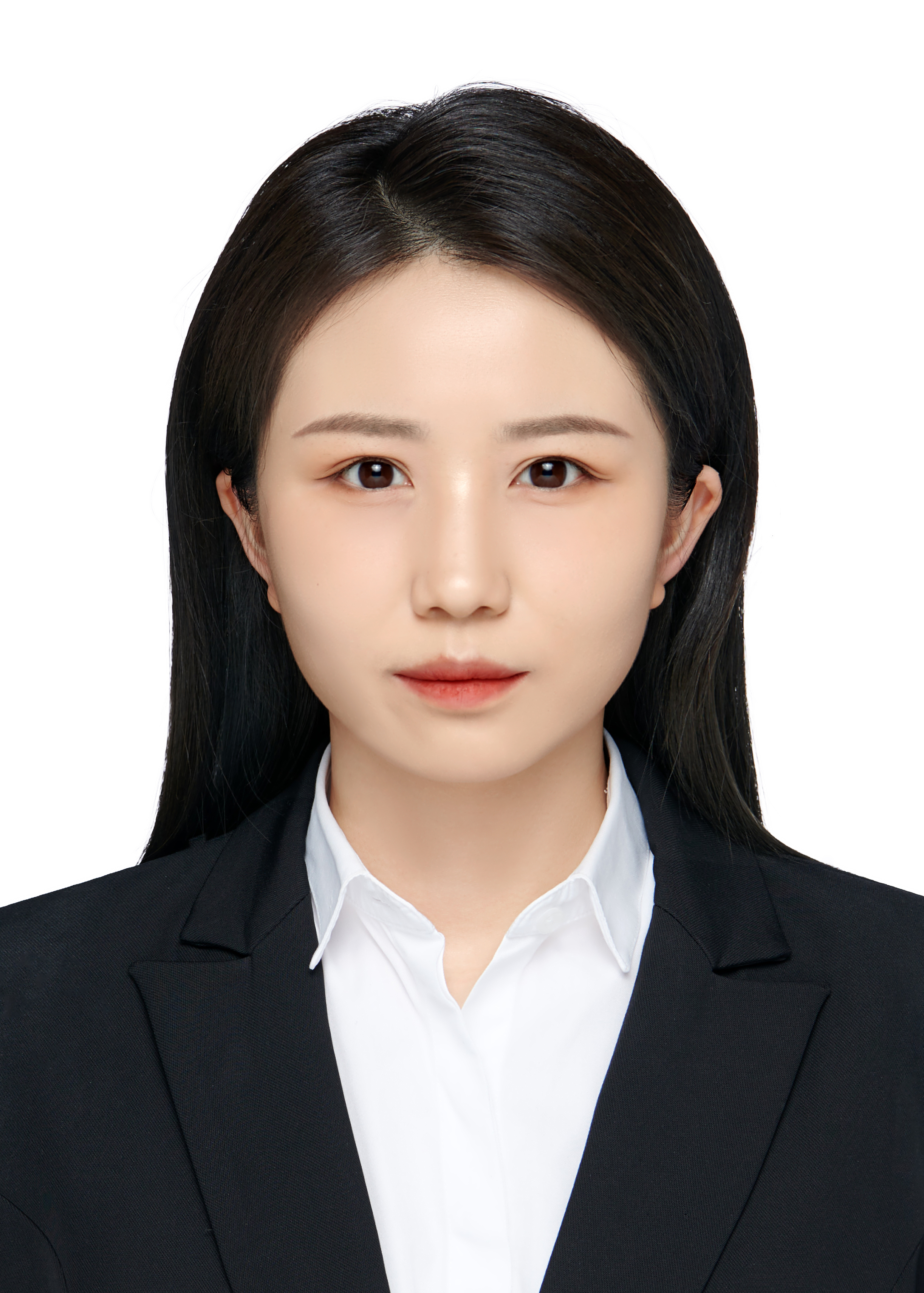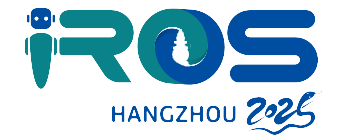Hangzhou, CHINA
20 October 2025

Prof. Adriana Tapus
Adriana Tapus is currently a full professor in the Autonomous Systems and Robotics Lab in the Computer Science and System Engineering Department (U2IS) at ENSTA, France. She received her PhD in computer science from the Swiss Federal Institute of Technology Lausanne (EPFL), Switzerland, in 2005, and her degree in engineering in computer science and engineering from the Politehnica University of Bucharest, Romania, in 2001. She worked as an Associate Researcher at the University of Southern California (USC), where she was among the pioneers in the development of socially assistive robotics, also participating in activities in machine learning, human sensing, and human-robot interaction. Her main interests are long-term learning (i.e., in particular, interaction with humans), human modeling, and online robot behavior adaptation to external environmental factors. Prof. Tapus is an Associate Editor for IJSR, T-HRI, and Senior Editor for the International Journal of Robotics Research (IJRR). She was also on the steering committee of several major robotics conferences (General Chair 2019 of HRI, Program Chair 2018 of HRI). She has more than 200 research publications, and she received the Romanian Academy Award for her contributions to assistive robotics in 2010.

Prof. Carlos Cifuentes
Carlos Cifuentes is an Associate Professor of Human-Robot Interaction at the Bristol Robotics Laboratory (BRL), University of the West of England (UWE Bristol), UK. He is also the Deputy Director of the VIVO Hub, a £13.4M UK-funded initiative (2024-2030). Previously, Carlos served as an Assistant Professor at Universidad del Rosario and the Colombian School of Engineering Julio Garavito (2016–2022), where he led the Centre for Biomechatronics. He completed his postdoctoral research and PhD at the Federal University of Espírito Santo (Brazil) 2015. With over 15 years of experience, Carlos has spearheaded numerous projects focused on designing, developing, testing, and deploying robotic systems for rehabilitation, assistance, and empowerment. His collaborative work with healthcare professionals has explored the short- and long-term impacts of robotic technologies on various health conditions, including cardiac diseases, post-stroke recovery, spinal cord injuries, cerebral palsy, Parkinson's disease, age-related challenges, musculoskeletal disorders, and autism spectrum disorder (ASD). Since 2021, he has been an Associate Editor for IEEE Robotics and Automation Magazine, and since 2023, he has served as an Associate Editor for both ICRA and IROS. With over 200 scientific publications, Carlos is widely regarded as a leader in human-robot interaction and healthcare robotics.

Xiaoxuan Hei
Xiaoxuan Hei is a PhD student in the Autonomous Systems and Robotics Lab in the Computer Science and System Engineering Department (U2IS) at ENSTA, France. She received her BSc degree from the School of Optical and Electronic Information, Huazhong University of Science and Technology (HUST), China and her MSc degree in Computer Science from Paris Saclay University, France. Her research focuses on Human Robot Interaction, with an emphasis on engagement and performance in robot-assisted educational context. She has published several papers at ICRA, IROS, RO-MAN, ICSR, etc.
